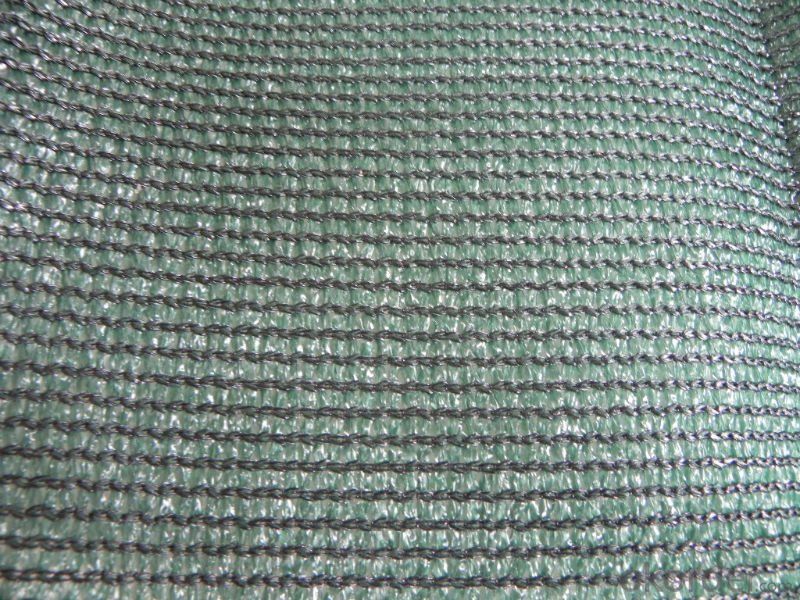Packaging & Delivery
| Packaging Details: | plastic bags |
|---|---|
| Delivery Detail: | within 20 days after receiving deposit or original L/C |
OKorder Service Pledge
OKorder Financial Service
You Might Also Like
Place of Origin:Hebei, China (Mainland)
| Packaging Details: | plastic bags |
|---|---|
| Delivery Detail: | within 20 days after receiving deposit or original L/C |
1 sun shade net, flat/round wire shade net
2 UV resistant, black, green, yellow
3 Shade Rate:80, 90, 95.
4 Weight:60~180g/sqm
SUN SHADE NETTING
Shade netting in plastic mesh is used against sun’s harmful rays.
Materials: 100 High Density Polyethylene with U.V. stabilized.
Shade cloths are widely used in outdoor living areas, such as car port, swimming pools, sand pits, children play areas and so on.
Technical Index:
Shade Rate: 50, 60, 70, 80, 90, 95.
Material: HDPE, Aluminum Strip, Polyester Strip. With Anti-UV Protect Addition.
Width: 1m, 2m, 3.2m, 4.3m, 5.3m, 6.2m sewed to any width is available.
Color: Black, Green, Silver White, Silver Green, Black White.
Weight: 35~180g.
Warranty: 4years, 5years, 10years.
shade net

Send your message to us
OKorder Service Pledge
OKorder Financial Service
Similar products
Hot products
Hot Searches
Related keywords